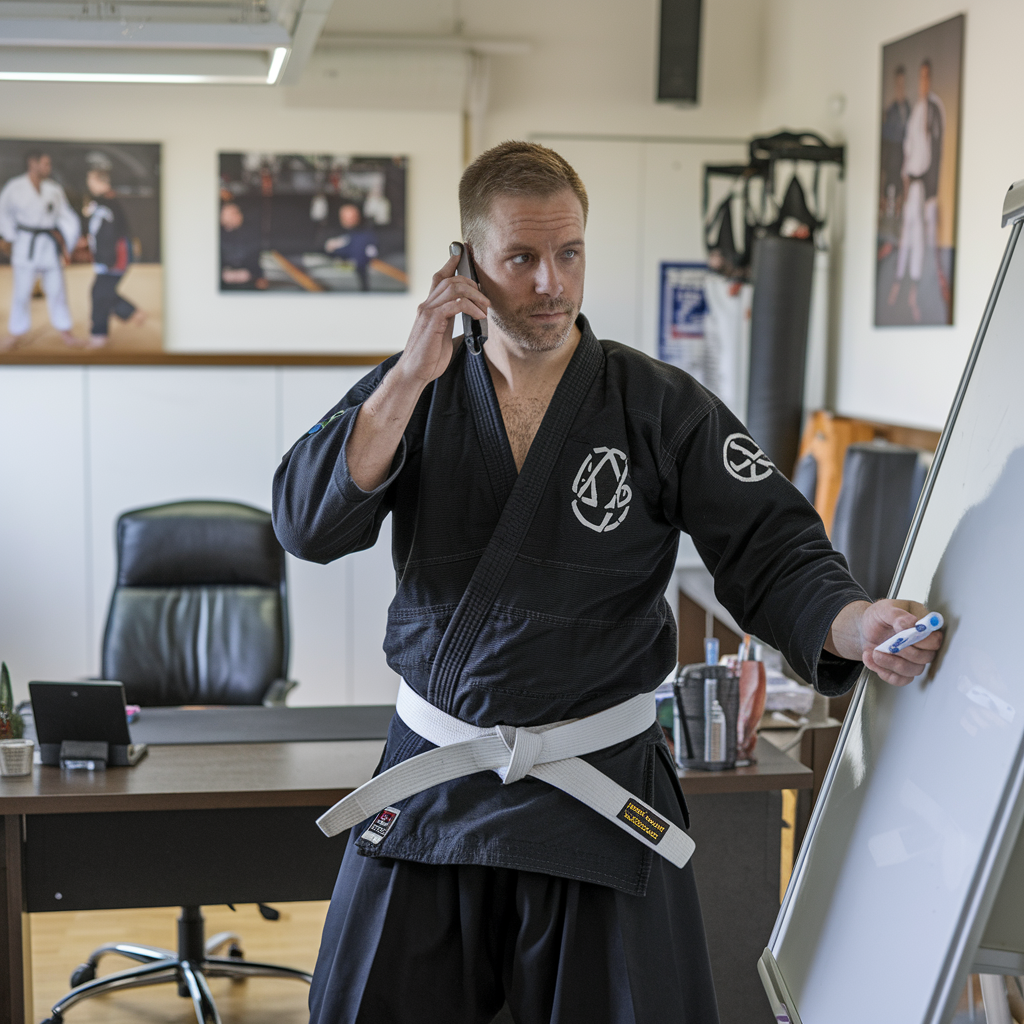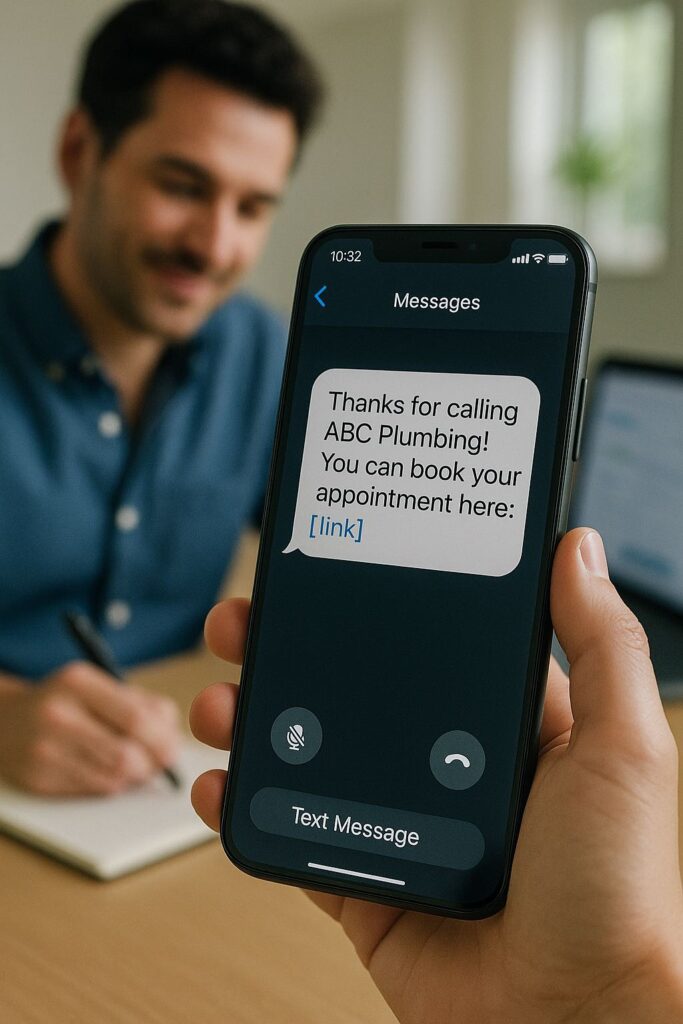
Customer service is often compared to a battle of words, emotions, and expectations. However, rather than approaching interactions as conflicts, the philosophy of Judo offers a more effective strategy—using an opponent’s energy to your advantage. This martial art, which focuses on leveraging an adversary’s momentum rather than meeting force with force, provides valuable lessons for customer service representatives. At Call Care Pro, we believe that mastering the principles of Judo can help agents handle difficult conversations with finesse, creating better customer experiences and long-term satisfaction.
The Foundation of Judo: Adaptability and Soft Skills
Judo, meaning “gentle way,” emphasizes flexibility, control, and strategic thinking. These same skills apply to customer service, where agents must navigate unpredictable interactions while maintaining professionalism. In Judo, strength is not the primary tool; instead, a well-trained Judoka redirects an opponent’s force to neutralize a situation without aggression. Similarly, customer service agents can use soft skills—such as empathy, patience, and active listening—to turn even the most challenging conversations into positive outcomes.
Using a Customer’s Energy to Your Advantage
When faced with an upset customer, many agents instinctively push back, leading to heightened tension. However, applying Judo principles means embracing the customer’s emotions and guiding the conversation toward resolution. Instead of resisting frustration, agents can acknowledge concerns, validate feelings, and steer discussions toward constructive solutions. Phrases like, “I understand your frustration; let’s find the best way to resolve this together,” mirror the Judo approach of working with an opponent’s momentum rather than against it.
The Power of Redirecting Negative Energy
In Judo, rather than meeting an attack with equal force, a practitioner redirects energy into a controlled maneuver. In customer service, this technique translates into de-escalation strategies. When a customer is angry or impatient, an agent can:
- Acknowledge the frustration – Show understanding and empathy.
- Ask clarifying questions – Redirect the conversation toward specifics to uncover the root problem.
- Offer clear and actionable solutions – Demonstrate commitment to resolution rather than dwelling on the complaint itself.
By shifting the focus from the problem to the resolution, agents can transform negative interactions into positive customer experiences.
The Role of Timing and Control
Judo techniques rely on precise timing and controlled execution. Similarly, customer service professionals must carefully time their responses. Reacting too quickly may escalate an issue, while waiting too long can make a customer feel unheard. A well-timed response that acknowledges concerns while moving toward a resolution mirrors the strategic patience and precision used in Judo matches.
Additionally, maintaining composure and emotional control is essential. Just as a Judoka remains calm under pressure, an agent should never take complaints personally. Instead, focusing on the end goal—a satisfied customer—helps maintain professionalism and effectiveness.
Overcoming Resistance Through Adaptability
One of Judo’s core teachings is adaptability—adjusting techniques based on an opponent’s movements. In customer service, no two customers are the same. Some may be straightforward, while others require more patience and reassurance. By adapting communication styles and solutions based on customer needs, agents can handle diverse personalities with ease.
For instance, a highly technical customer may appreciate detailed explanations, while an emotionally frustrated customer may respond better to empathetic reassurance. Just as Judo requires practitioners to adjust their techniques, customer service demands flexibility in approach.

Winning Without Confrontation: Finding Mutual Benefit
A key element of Judo is that success does not come from overpowering an opponent but from guiding them toward a mutually beneficial outcome. In customer service, “winning” a conversation does not mean proving the customer wrong or enforcing rigid policies. Instead, it involves:
- Offering solutions that align with company policies while satisfying the customer.
- Finding creative alternatives when direct solutions are unavailable.
- Leaving customers feeling heard and valued, even if their original request cannot be fully granted.
By focusing on mutual benefit, agents can maintain positive relationships with customers and enhance brand loyalty.
Building Confidence and Mastery Through Training
Judo practitioners undergo continuous training to perfect their techniques, build confidence, and refine their approach. The same applies to customer service agents. Regular training in soft skills, active listening, and conflict resolution helps agents stay prepared for any situation.
Additionally, role-playing exercises, mentorship programs, and ongoing feedback create an environment where agents can improve their techniques and handle even the most difficult interactions with confidence.
Conclusion: The Judo Approach to Customer Service Excellence
By applying the principles of Judo—redirecting negative energy, adapting to situations, controlling timing, and focusing on mutual benefit—customer service agents can transform challenging interactions into opportunities for positive engagement. At Call Care Pro, we encourage our team to embrace this strategic mindset, ensuring that every customer leaves the conversation feeling valued and respected.
Are you ready to take your customer service skills to the next level? Contact Call Care Pro today to learn more about our approach to exceptional customer interactions!

